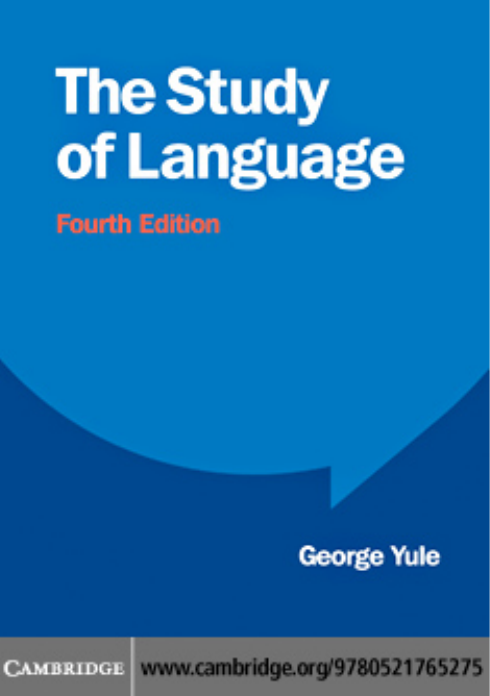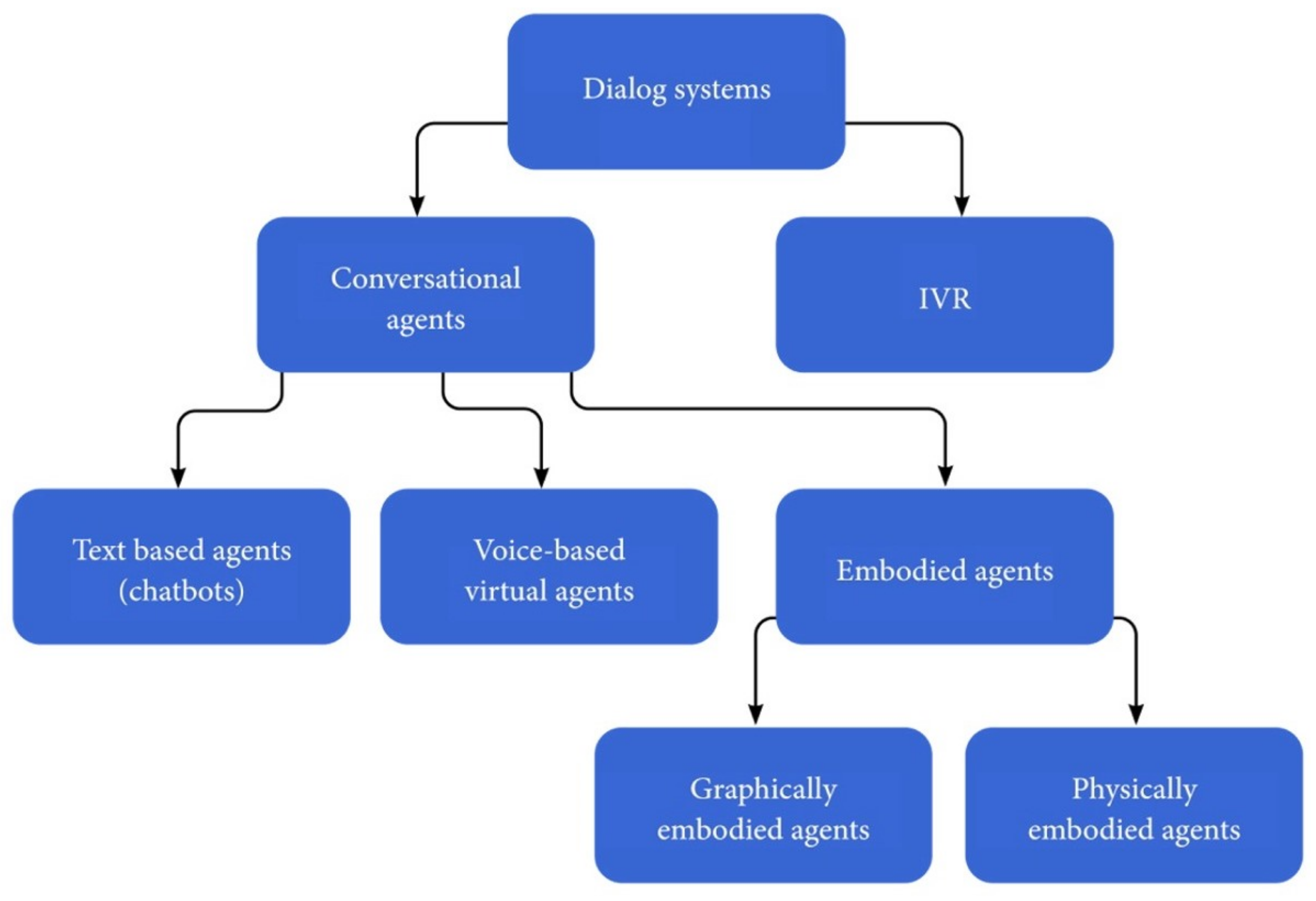In 1611 the Word Conversation Meant the Manner of Living
In 1611 the word conversation meant manner of living. In Elizabethan English the word conversation could mean conduct The Greek verb politeuomai in Philippians 127 has nothing whatsoever to do with speaking per se so the translators of the King James Version in 1611 were clearly talking about behavior when they penned only let your conversation be as it becometh the gospel of.
1 Peter 32 View whole chapter See verse in context While they behold your chaste conversation coupled with fear.

. The KJV translators point was not to say that such sins were merely inconvenient in our modern sense but rather that such behavior is not fitting or becoming a Christian. Gave names to every living creature. Archaeological evidence indicates that flexible expressive languages were being used several hundred years before _____.
If the root word is a full word the suffix is usually_____. A general way of behavior to an intimate companionship and today it means a familiar discourse or chat Peculiar. Almost all English translations prior to the KJV such as those of Tyndale.
And in the second it means citizenship 1611 meaning of conversation Keyword Found Websites. The word convenient used to simply mean fitting proper or appropriate. This is also true in Antarctica.
Instead a primary sense of the word conversation was society association living together or having dealings with one another Thus the KJV translators actually meant roughly what our modern translators mean when they unanimously render the phrase as our citizenship is in heaven NASB ESV NIV NKJV CSB NET MEV etc. In Phil 127 and 320 a different Greek word is used. Your vain conversation received from your father s or Our conversation is in heaven In the first passage conversation refers to a manner of life.
Otherwise Scripture like the passage above becomes confusing and the deeper meaning of the. Ones deportment or course of life. RSV manner of life.
In 1611 the word conversation meant manner of living. Herein what do all languages have in common. But be thou an example of the believers in word in conversation in charity in spirit in faith in purity.
In 1611 the word peculiar meant a private property of another and today it means something that is special or strange. This word is never used in Scripture in the sense of verbal communication from one to another Psalms 5023. Positives and negatives of conversation anywhere depend on whos conducting the conversation.
Many English conjunctions and relative pronouns are of Greek origin. Therefore we must grasp this meaning of the word. Conversation in 1611 was used in many passages the word is used something like this.
In 1611 the word conversation meant the manner of living. Psalms 5023 View whole chapter See verse in context. 1 Timothy 412 View whole chapter See verse in context Let no man despise thy youth.
Generally the goings out and in of social intercourse Ephesians 23. Something that all languages have in common is that they allow us to all communicate with each other and all have grammar. From 1611 the meaning of conversation has changed from.
Adding a prefix to a word changes the root spelling. Are all languages the same. In addition noted as obsolete conversation can mean behavior or manner of living That obsolete definition is what we find throughout the King James Version KJV of the Bible.
It there means ones relations to a community as a.

Essentials Of English Grammar Download My Pdf

In 1611 The Word Conversation Meant The Manner Of Living True Or False Brainly Com

Open Educational Resources Conversations In Cyberspace

Pdf Style Of Translation An Exploration Ofstylistic Patterns In The Translations Ofmargaret Jull Costa And Peter Bush Gabriela Saldanha Academia Edu

English Esl Question Words Worksheets Most Downloaded 400 Results Page 33

Sensors Free Full Text Conversational Agents Goals Technologies Vision And Challenges Html

Stara Britanska Knjizevnost Skripta Engleski Jezik I Knjizevnost Filologija Rezime Predlog Engleski Jezik Docsity

Approaches And Methods In Sociopragmatics Part Iii The Cambridge Handbook Of Sociopragmatics







Comments
Post a Comment